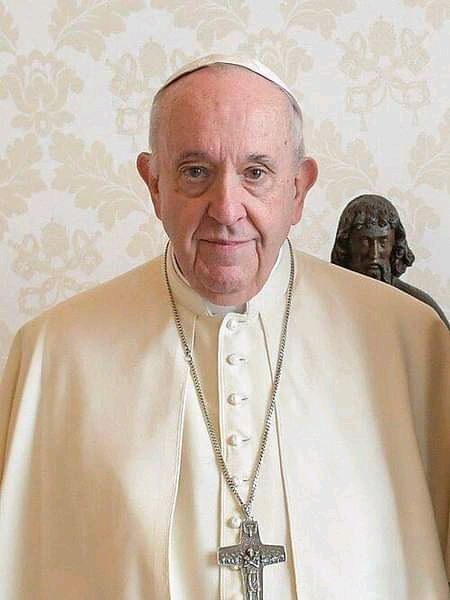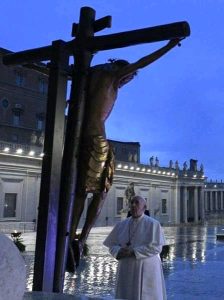
RIP, Papa Francesco: A Tribute to Pope Francis
The world mourns the passing of Pope Francis, the leader of the Catholic Church who touched the hearts of millions with his humility, compassion, and unwavering commitment to social justice.
From his early days as a Jesuit priest in Argentina to his election as the 266th pope of the Roman Catholic Church in 2013, Pope Francis’s journey was marked by his deep sense of duty, profound faith, and an openness to change.
Pope Francis, born Jorge Mario Bergoglio on December 17, 1936, in Buenos Aires, Argentina, became known for his simplicity and his devotion to the poor.
Unlike many of his predecessors, he chose the papal name Francis after Saint Francis of Assisi, a symbol of poverty, humility, and service to others. His life and papacy were characterized by a focus on the marginalized and those left behind by society.

One of his most notable efforts was to bring the Church closer to the people, particularly those in need. He often emphasized the importance of social justice, advocating for the homeless, refugees, and the sick.
Pope Francis was a tireless voice for peace, frequently calling for an end to war and violence, and urging political leaders to put the needs of the people over personal or national interests.
His messages on climate change, economic inequality, and human rights made him a figure of influence well beyond the confines of the Vatican.
Pope Francis also worked to bring the Church into the modern world while maintaining its rich traditions. His approach to doctrine and Church leadership was one of inclusivity and dialogue.
He sought to heal divisions within the Church, particularly regarding sensitive issues like LGBTQ+ rights, divorce, and the role of women in the Church.
While conservative elements within the Church resisted some of his more progressive stances, Pope Francis’s ability to initiate conversation and provoke thoughtful reflection was widely admired.
Perhaps one of his greatest contributions was his ability to make the Church feel accessible to ordinary people. He was known for his informal style, often forgoing the grand ceremonies of the papacy in favor of simpler, more intimate encounters.
He would often visit hospitals, prisons, and refugee camps, showing the world what it means to lead with love and empathy. His symbolic acts, such as washing the feet of prisoners on Holy Thursday or his embrace of the suffering, became defining moments of his papacy.
Pope Francis’s death leaves a void, not just for Catholics but for the global community. His leadership was a beacon of hope, reminding us all of the importance of compassion, humility, and justice.
As we reflect on his life and legacy, we are reminded that his work is far from over—his teachings continue to inspire, and his call for peace and care for the vulnerable will resonate for generations to come.
Rest in peace, Papa Francesco. You have touched the lives of so many, and your legacy will live on in the hearts of those you served. May your message of love, kindness, and justice continue to guide the world in the years to come.





